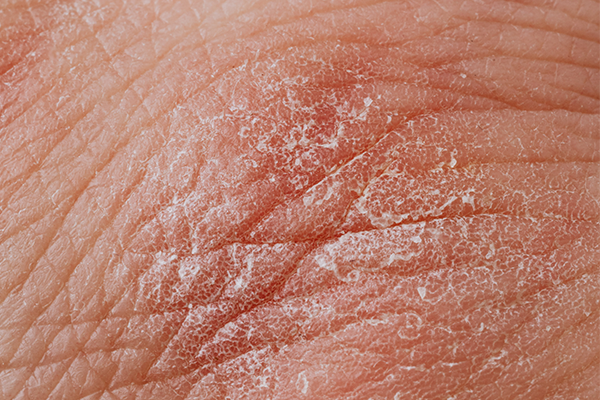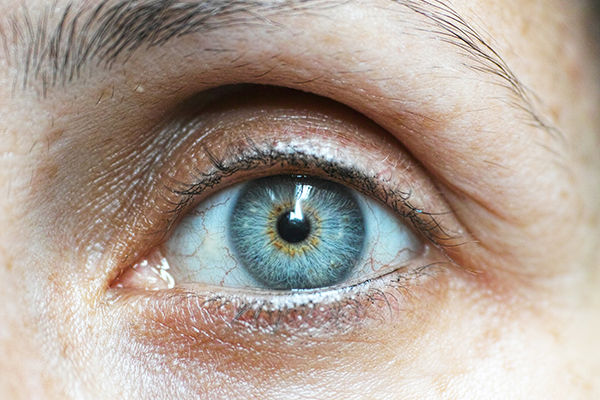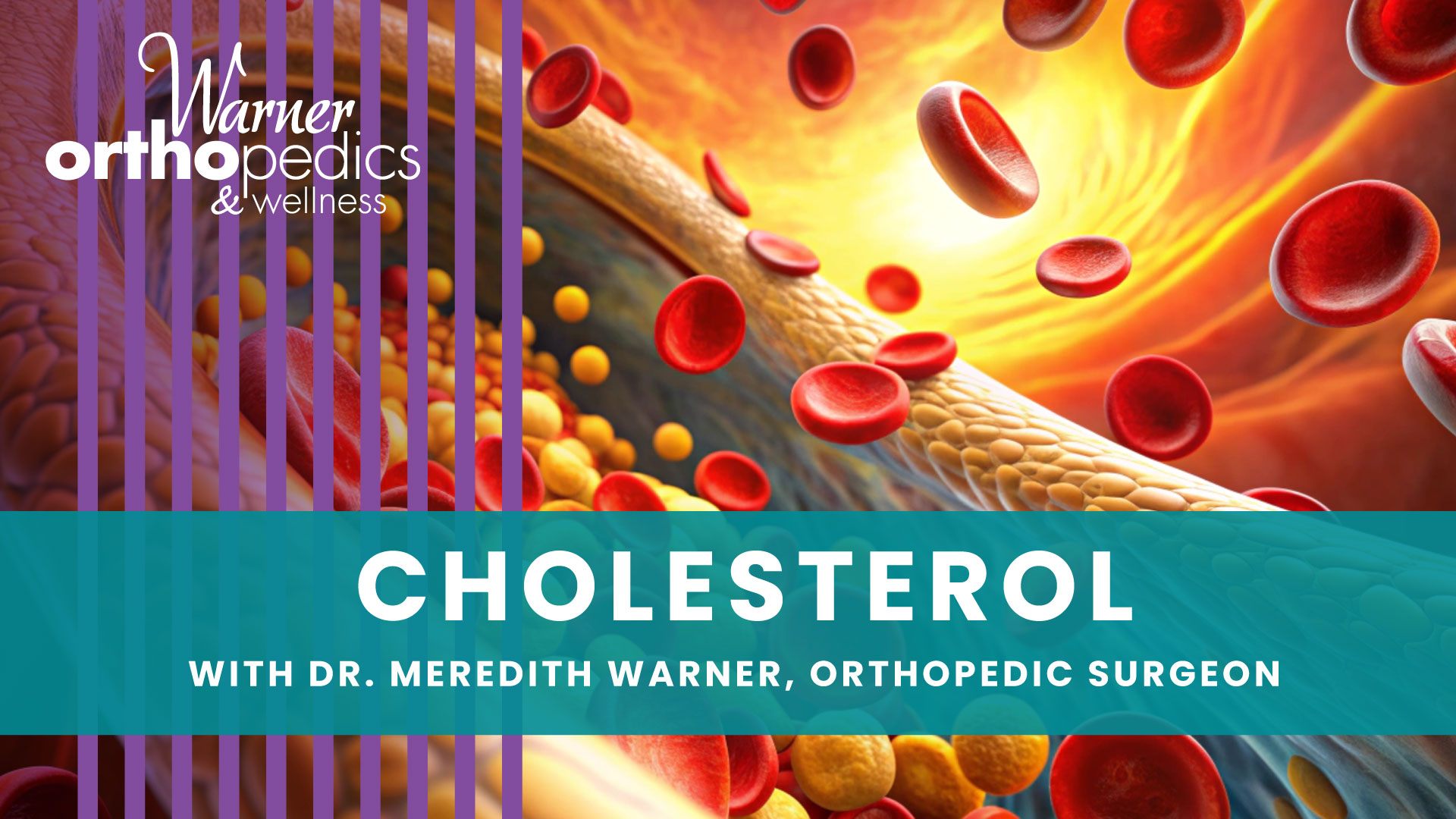Signs You Need An Omega-3 Supplement

Omega-3s are an important building block to the human body. These fatty acids are vital for survival and must be obtained through food as we are unable to produce omega-3s on our own. Our cellular function is dependent on the presence of omega-3s in cell walls and cell membranes. There are a handful of omega-3 deficiency symptoms that you can look out for to determine if you need an omega-3 supplement.

Dry Sensitive Skin
When your body lacks omega-3s one of the first places you may notice this is on the skin. Omega-3 fats help the body prevent moisture loss by improving the skin barrier. When there is a deficiency, the skin can become dry and easily irritated.
One study gave women a daily dose of omega-3 rich flaxseed oil for 3 months. When compared to the placebo group these women experienced a decrease in dry, rough skin. Similar studies have looked at groups with eczema and acne and saw similarly positive results.

Depression & Mood Swings
Omega-3s are neuroprotective and may even be able to help treat neurodegenerative diseases and brain disorders. Studies have found that when individuals with depression symptoms took omega-3 symptoms they experienced fewer symptoms.
A review of 6 different studies concluded that an average intake of 1.3 grams of omega-3s a day was able to reduce mild to moderate depression symptoms among older adults. Omega-3 supplementation is needed at many different levels for people depending on a variety of factors. For certain, most Americans have too many Omega-6 PUFAs in the system relative to Omega-3s.

Dry Eyes
Omega-3 fats play an important role in retina structure and maintaining eye moisture. For this reason, many healthcare providers will prescribe omega-3 supplements to relieve dry eyes.
There have been some conflicting results between different studies. One study saw a difference in dry eye symptoms between omega-3 supplementing participants and those with placebos. While a different study found no significant differences between the 2 groups.
If you are experiencing an increase in eye dryness, you should seek medical consultation to determine the cause.

Joint Pain
Omega-3 fats play an important role in retina structure and maintaining eye moisture. For this reason, many healthcare providers will prescribe omega-3 supplements to relieve dry eyes.
There have been some conflicting results between different studies. One study saw a difference in dry eye symptoms between omega-3 supplementing participants and those with placebos. While a different study found no significant differences between the 2 groups.
If you are experiencing an increase in eye dryness, you should seek medical consultation to determine the cause.
Is There Omega-3 Deficiency Testing
There is no standard test to diagnose omega-3 deficiency, but omega-3 levels can be analyzed through blood tests to look at the percentage of phospholipids present. These levels can vary depending on what foods are eaten so most healthcare providers will require overnight fasting before the blood sample is taken. It is also possible to test for the ratio of Omega-3s to Omega-6s. In addition, even more testing can be done to evaluate the overall fatty acid profile in the serum.
Increasing Omega-3s
It is very easy for anyone to increase their omega-3 intake. The best sources are wild-caught oily fish like mackerel, salmon, herring, and tuna. But, you can also find high levels of omega-3s in flaxseeds, chia seeds, walnuts, soy, and algae. Omega-3 supplements are some of the most prevalent supplements on the market. They can be found at practically any grocery store or pharmacy. Always research the companies you are purchasing supplements from to make sure they are a safe a reputable source.






